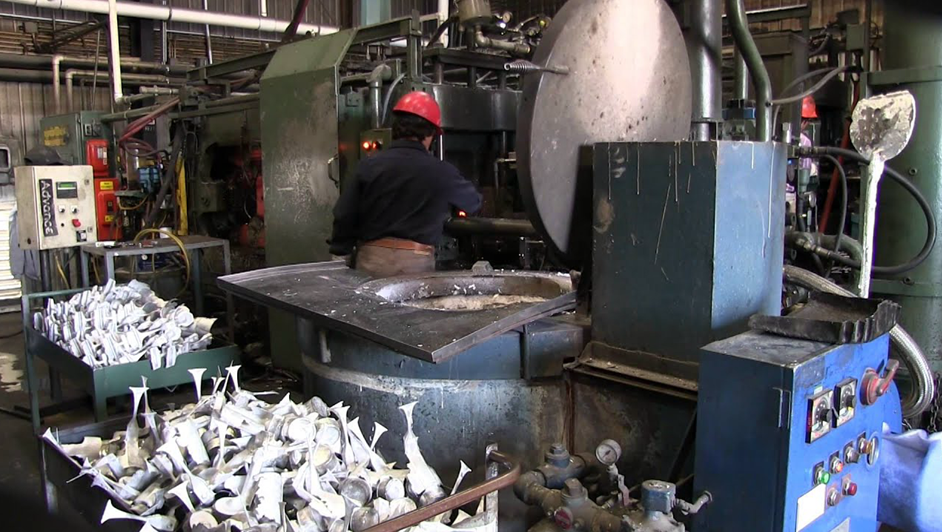
Magnesium alloy bike parts & componenets for kid’s push bike

OEM high pressure die casting magnesium alloy frame for bicycle

Customized foundry products e-bike components magnesium alloy wheel

Integrated 3-spoke wheel for MTB with CNC machining &surface treatment

Magnesium alloy die-casting electric vehicle mid-mounted motor housing

Magnesium alloy die-casting rigid fork for bike

Customized foundry products high precision die-casting parts for e-bike integrated frame

Magnesium alloy foundry parts bicycle frame CNC machining & surface finishing

Magnesium alloy die-casting parts&components for e-bike

Mangensium alloy die-casting Thixomolding metal parts

Magnesium alloy Thixomolding power batter housing

Magnesium alloy Thixomolding power batter housing

Magnesium alloy Thixomolding parts for oxygen suction machine housing

Mangensium alloy die-casting Thixomolding metal parts

Mangensium alloy die-casting Thixomolding helmet

Mangensium alloy die-casting Thixomolding metal brakets

 0086-750-5616188
0086-750-5616188 +86 13392089688
+86 13392089688 sales@zhongmei-tech.com
sales@zhongmei-tech.com







